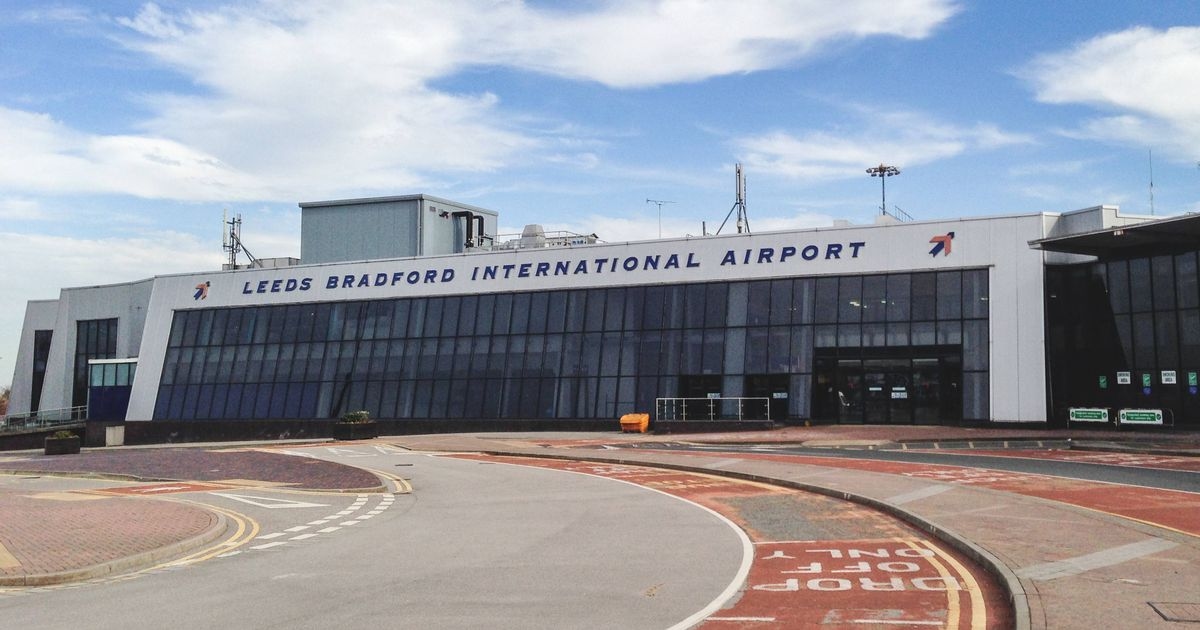Dispatch 17
Paris-based travel tech provider Travelsoft last week said it acquired London-based travel tech news site Travolution from Jacobs Media, which publishes Travel Weekly UK. The deal was announced two weeks after JTB Corp. closed its acquisition of Northstar Travel Group, parent of BTN, Phocuswright, Travel Weekly and other industry media brands. While travel industry operators acquiring news outlets is starting to look like a trend, it’s rare in business generally, as we noted in our Oct. 14 coverage of the JTB-Northstar deal. Travelsoft was one of the few examples our research uncovered because of its expansion into trade media through the 2024 acquisition of Eventiz, a French-language media and events group that had previously acquired B2B publications L’Echo Touristique, TOM.travel and France’s version of BTN, DéplacementsPros.
According to Travelsoft, “The entities will leverage synergies” — ew! — “across journalism, insights, analysis, networking and events.”
A retired business media expert who was “happy to offer an opinion but only off the record” because he had “little desire to get pulled back into it,” suggested these developments were “concerning,” at the least. In an email, the veteran B2B editor recalled learning of an example in travel media of “pay-to-play,” where business interests, usually advertising, influenced editorial coverage. He wondered whether an editorial brand owned by an industry operator could become a “front” for promoting the parent’s business. Or could they remain independent and even directly or indirectly criticize their owner?
“In between are many gray areas,” he wrote. “How will they be navigated?”
After the JTB deal was announced, Arnie Weissmann, editor-in-chief of the U.S.-based Travel Weekly, posted on LinkedIn that he was “assured that we will retain complete editorial independence and that that’s the desire of both Northstar Travel Group and JTB Corp.” According to Travolution editor Kate Harden-England, her outlet will be “staying true to the journalistic values and industry focus that our readers and partners know us for and rely on.”
There are more ways for such companies to minimize conflicts and reassure advertisers and readers. Posting on TheCompanyDime.com, Cornerstone Information Systems CEO Mat Orrego offered JTB some ideas: “They should publicly reaffirm their editorial independence through a written charter that clearly delineates the separation between content and ownership. Setting up an outside ethics board to oversee independence and add credibility could be another step. Finally, being upfront with disclosures whenever coverage overlaps with JTB will demonstrate transparency in action to readers. With those steps, Northstar can prove that strong journalism and industry ownership can coexist. Having and being close to information comes with great responsibility.”
Disclosure: The Company Dime is owned by two former Northstar employees. It competes for subscribers with the aforementioned travel business media organizations.
American Express Global Business Travel named John Pelant EVP of traveler experience and U.S. defense and government, according to its website. Pelant was EVP and chief experience and technology officer at CWT, and is the only former CWT leader now listed on Amex GBT’s leadership page following the acquisition of CWT by GBT on Sept. 2. The “defense and government” role is notable in light of CWT’s far larger footprint among such customers than GBT’s. In September, Nick Vournakis, a longtime CWT exec who once managed military and government markets, joined Chase Travel Corporate Solutions as head of premium leisure and corporate solutions.
Amex GBT calls it yield: revenue divided by total transaction value. For Navan, it’s usage yield: customer fees and commission revenue divided by gross booking volume. How much do they take in, before expenses, for every dollar of travel sold? At GBT in the quarter ending in June, this was 8 percent, down 10 basis points year over year, “but in line with expectations, reflecting the non-TTV-driven components of the revenue base.” Each player has different non-TTV-driven components, making comparisons between them not quite apples and oranges but maybe Honeycrisps and Granny Smiths. In the six months ending in July, the number at Navan was 8 percent. For the six months ending in June, it was 7.7 percent at Amex GBT and 9.2 percent at Flight Centre‘s corporate divisions. How much of this money drops to the bottom line varies, of course, and improves with efficiency. (Hello, AI and earlier waves of automation.) The “continued strategic shift to more digital transactions” has “a downward impact on yield but a positive impact” on margins, GBT’s CFO, Karen Williams, said in September when reporting the company’s Q2 performance. The comment echoed a discussion about whether online or offline transactions are more lucrative for TMCs.
Responding to the Amex GBT-SAP Concur partnership, Emburse offered a message about choice and Amadeus created a TMC partnership program for Cytric (after Concur put its own partner program out to pasture). Asked for a response to news of the GBT-Concur alliance, BCD Travel, a huge Concur partner, issued a statement attributed to CEO Stephan Baars and excerpted here:
“As we continue investing in the technologies that power our open platform, we’re committed to maintaining strong relationships across the ecosystem for the benefit of our clients, including those who currently use Concur. I’d imagine that GBT customers may be feeling slightly confused – having been presented with Neo as an alternative to Concur, they’re now being told that more Neo ‘eggs’ will go into the Complete basket. It’s the kind of perspective that for us reaffirms the validity of our approach. We undertook development of key solutions such as TripSource, the modern API integration of multiple T&E providers via the BCD Marketplace and GetGoing (for the SME sector) in anticipation of – and to counteract – moves within the industry to limit client choice.”
Reaction: Thanks to the following for enriching our comments sections: Carmine Carpanzano, Richard Clowes, Michael Gulmann, Bryan Holmes, Norm Rose, Natasha Samuel, Paul Tilstone and Nicole Del Sesto here, here, here and here.
Around The Web- We’ve held three BTE Town Halls since our last Dispatch issue. Reports for two of them are available online: “Rent or Ride? That is the Question” on ground transport, with buyers Kelly Christner and Steven Mandelbaum, and “Expanding Horizons,” about career mobility, with Nicki Leeds, Anna Price and Doug Weeks. If you’re thinking about your career path, we recommend taking the time to listen to that trio’s entire discussion here on LinkedIn.
- Autonomous vehicle operator Waymo last month launched a business program, including reporting tools, and this month got some attention from Bloomberg and TechCrunch, among others.
- Bloomberg and The Wall Street Journal both this month covered the soaring popularity of flying private among executives.
- Forbes‘ “Frequent Travel Is Quietly Undermining Workforce Performance” builds on research into wellbeing and business travel.
- TravelPerk hired bankers to explore an initial public offering, according to The Information.



“It’s a constant question that we ask ourselves: Should we be building our own booking tool? There are some great options on the market. Some things we have developed and some things we’ll take off the shelf. We’re evaluating some of the new entrants to add to our portfolio. But by and large, the development into building and maintaining a booking tool, and all the functionality that some of these more mature booking tools have, it’s a lot to replicate. Where do you want to focus your time as a TMC?”
George Kalka, Fox World Travel senior vice president of business travel, during a Sept. 12 interview
thecompanydime




